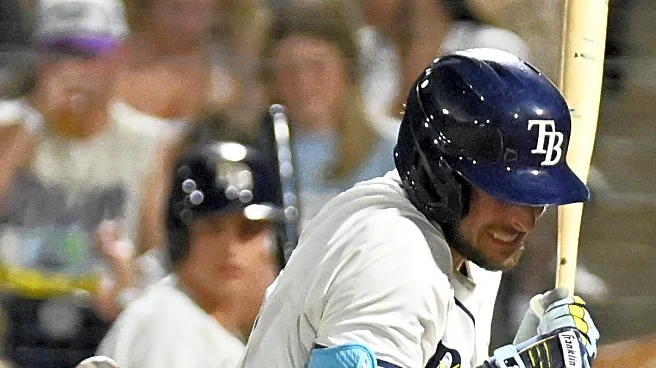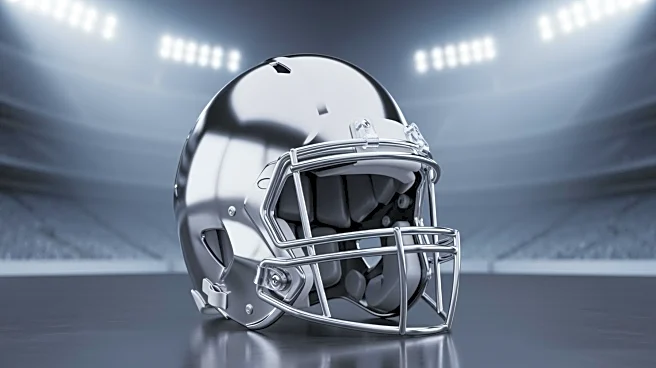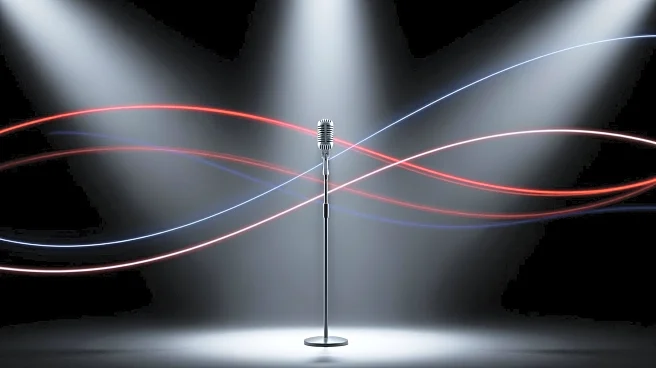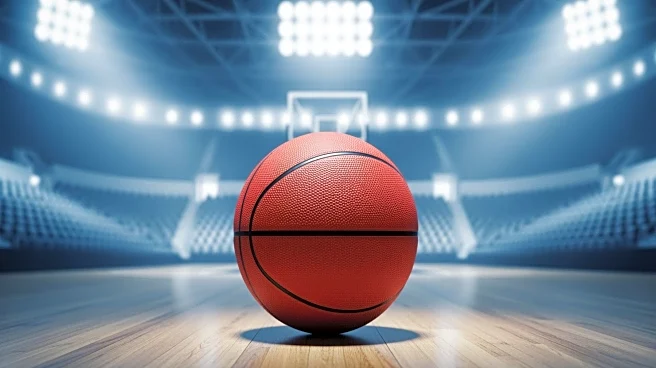On Wednesday night, Seattle starter George Kirby was frustrated. It was just the second inning but he was struggling to get out any hitter. The score was already 6-0 when Josh Lowe, the Rays right fielder, stepped in for his second at bat. Kirby reared back and threw a 97 mph fastball right into Lowe’s shoulder. Lowe hadn’t been crowding the plate, and this wasn’t a breaking pitch that broke a little too far. Whether Kirby consciously decided to hit Lowe in revenge for the barrage of Rays hits, or less
intentionally threw wildly in frustration without caring where the pitch went, he clearly let the game spin out of control, with Josh Lowe as the victim.
Josh glared at Kirby as he slowly walked to to first base. He would come around to score later that inning for the Rays’ eighth run.
Fast forward to the top of the sixth inning. Rays pitcher Adrian Houser had been pitching very well, better than the four runs charged to him suggested. His control was particularly impressive. Dominic Canzone, the Mariners right fielder, stepped up to bat, and Houser’s first pitch, a 96 mph sinker, landed in the small of Canzone’s back.
If you were watching, it was probably clear to you — as it was to everyone in the park and the umpires who issued warnings — that Houser’s pitch was intentional and that it was retaliation for the pitch that hit Lowe.
We can agree on that.
Where our views might differ, however, is on the question of whether Houser did the right thing, or more broadly, whether it’s good, indeed imperative, that teams avenge their hit batters by hitting the other teams’ batters. Our writers had an interesting discussion about this in reaction to Wednesday’s exchange of HBPs.

Elijah Flewellen was pumped by Houser’s revenge pitch. “I do love that somebody showed some stones in plunking Canzone after J. Lowe got hit.”
Austin Reimann, who has actual experience playing college baseball, agreed. “I do love a clubhouse that has each others back. You aren’t going to step on my guy because you are getting your butt kicked in. There are consequences for that. Next time Kirby thinks about plunking someone cause he can’t get anybody out, he will think about Canzone getting drilled as a result of his stupidity. That’s how the game polices itself. Play stupid games, your teammate as a result wins a stupid prize. And, next time you probably don’t play stupid games.”

Brian Menéndez, who also has pitching experience, wasn’t so sure. “my biggest issue is that this stuff trickles down into lower levels and creates violence in high school and little league games where these things are much more consequential and then parents become part of the problem. Learn to regulate your emotions or go to therapy. don’t turn a baseball into a potentially fatal weapon.”

This author objected to revenge beanballs for a practical reason. “I will never agree that intentionally putting a man on base is good strategy — why give your opponent any sort of advantage?”
Ian Malinowski, the voice of reason, had a nuanced view. “I think there’s a time for it. Hitting someone is a way to call a guy out, and I think it’s worth calling out malicious play, like the dirty slides that are mostly gone from the game now.”
What do you think? If one of our guys is hit are you eager for revenge? If so why, or why not? If your answer is “it depends,” when and how is retaliation the best move?















